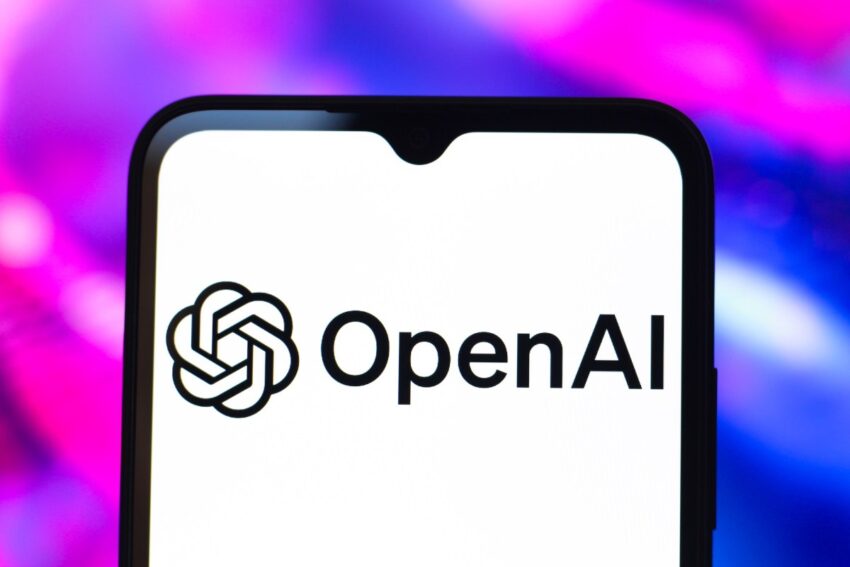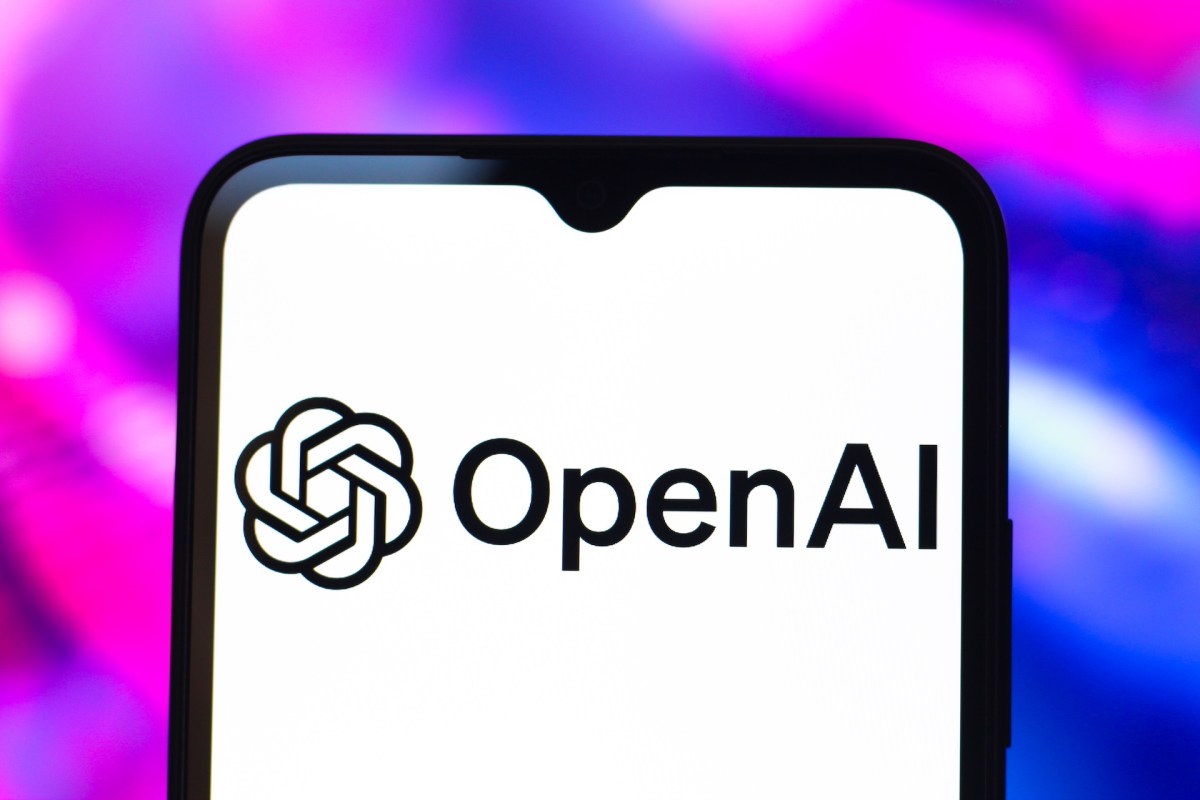
openai asked trump administration to expand chips A recent letter from OpenAI reveals more details about how the company is hoping the federal government can support its ambitious plans for data center construction.
openai asked trump administration to expand chips
OpenAI’s Request for Support
In a letter addressed to the Trump administration, OpenAI has formally requested an expansion of the tax credits provided under the Chips Act to include data centers. This request highlights the growing importance of data infrastructure in the development of artificial intelligence technologies. OpenAI’s initiative underscores the company’s commitment to scaling its operations and enhancing its capabilities in the rapidly evolving AI landscape.
The Chips Act: A Brief Overview
The Chips Act, officially known as the CHIPS for America Act, was enacted to bolster semiconductor manufacturing in the United States. It aims to provide federal funding and tax incentives to encourage domestic production of semiconductors, which are critical components in a wide range of technologies, including computing and telecommunications. The act was signed into law in 2022, amid growing concerns about supply chain vulnerabilities and the need for technological independence.
While the primary focus of the Chips Act is on semiconductor manufacturing, the implications of this legislation extend to various sectors, including artificial intelligence. As AI technologies become more sophisticated, the demand for robust data infrastructure, including data centers, has surged. OpenAI’s request for an expansion of the tax credits to cover data centers reflects this trend and the company’s strategic vision for the future.
OpenAI’s Vision for Data Centers
OpenAI has been at the forefront of AI research and development, producing groundbreaking models such as GPT-3 and DALL-E. As the company continues to innovate, the need for advanced data centers becomes increasingly critical. These facilities are essential for training large-scale AI models, processing vast amounts of data, and ensuring the reliability and efficiency of AI applications.
In its letter, OpenAI outlines the potential benefits of expanding the Chips Act tax credits to include data centers. The company argues that such an expansion would not only support its own growth but also stimulate broader advancements in the AI sector. By incentivizing investment in data infrastructure, the federal government could help create a more competitive environment for AI research and development in the United States.
Economic Implications
The economic implications of OpenAI’s request are significant. By expanding the tax credits to cover data centers, the government could encourage more companies to invest in domestic data infrastructure. This could lead to job creation in various sectors, including construction, technology, and data management. Furthermore, a robust data center ecosystem would enhance the United States’ position as a global leader in AI research and development.
OpenAI’s initiative aligns with broader economic goals, such as promoting innovation and ensuring national security. As AI technologies become increasingly integrated into various aspects of society, the need for secure and reliable data infrastructure is paramount. By investing in data centers, the government can help mitigate risks associated with data breaches and cyber threats, thereby enhancing national security.
Stakeholder Reactions
The response to OpenAI’s request has been mixed among various stakeholders. Some industry leaders and experts have expressed support for the initiative, emphasizing the importance of data infrastructure in the advancement of AI technologies. They argue that expanding the tax credits would provide a much-needed boost to the industry, facilitating innovation and competitiveness.
On the other hand, some critics have raised concerns about the potential for government subsidies to distort market dynamics. They argue that while supporting data center construction is important, it should not come at the expense of fair competition. Critics caution against creating an environment where certain companies receive preferential treatment, potentially stifling innovation among smaller players in the industry.
Government Perspective
From the government’s perspective, the request presents both opportunities and challenges. Policymakers must weigh the potential economic benefits of expanding tax credits against the need for responsible fiscal management. The Chips Act was designed to address specific challenges in semiconductor manufacturing, and expanding its scope to include data centers may require careful consideration of the implications for federal spending and resource allocation.
Moreover, the government must assess the broader impact of such a policy change on the technology sector. While supporting data centers could enhance the United States’ competitive edge in AI, it is crucial to ensure that the benefits are distributed equitably across the industry. Policymakers will need to engage with various stakeholders to gather input and assess the potential ramifications of expanding the tax credits.
Future of AI and Data Infrastructure
The future of artificial intelligence is inextricably linked to the development of robust data infrastructure. As AI technologies continue to evolve, the demand for data centers will only increase. OpenAI’s request for support from the federal government is a reflection of this reality and highlights the need for strategic investments in data infrastructure.
As companies like OpenAI push the boundaries of AI research and development, the importance of scalable and efficient data centers cannot be overstated. These facilities are essential for training complex models, running simulations, and processing large datasets. Without adequate investment in data infrastructure, the pace of AI innovation could be hindered.
Global Context
The global landscape for AI development is highly competitive, with countries around the world investing heavily in data infrastructure and technology. Nations such as China and the European Union are making significant strides in AI research, and the United States must remain vigilant to maintain its leadership position. By expanding the Chips Act tax credits to include data centers, the U.S. government could bolster its competitive edge and attract more investment in the AI sector.
Furthermore, as AI technologies become more integrated into everyday life, the ethical implications of data usage and infrastructure will come to the forefront. Ensuring that data centers are built with security and privacy in mind will be crucial for fostering public trust in AI technologies. OpenAI’s request for government support could pave the way for more responsible and ethical AI development, as robust data infrastructure can facilitate better data management practices.
Conclusion
OpenAI’s recent letter to the Trump administration represents a significant step in advocating for the expansion of the Chips Act tax credits to include data centers. As the demand for advanced data infrastructure grows, the implications of this request extend beyond OpenAI itself, potentially influencing the broader landscape of AI research and development in the United States.
While the response from stakeholders has been mixed, the potential economic benefits and the importance of data infrastructure in the future of AI cannot be overlooked. Policymakers will need to carefully consider the implications of such a policy change, balancing the need for innovation with the principles of fair competition and fiscal responsibility.
As the AI sector continues to evolve, the collaboration between private companies and the federal government will be essential for fostering a competitive and innovative environment. OpenAI’s initiative serves as a reminder of the critical role that data infrastructure plays in shaping the future of artificial intelligence.
Source: Original report
Was this helpful?
Last Modified: November 9, 2025 at 6:36 am
3 views















